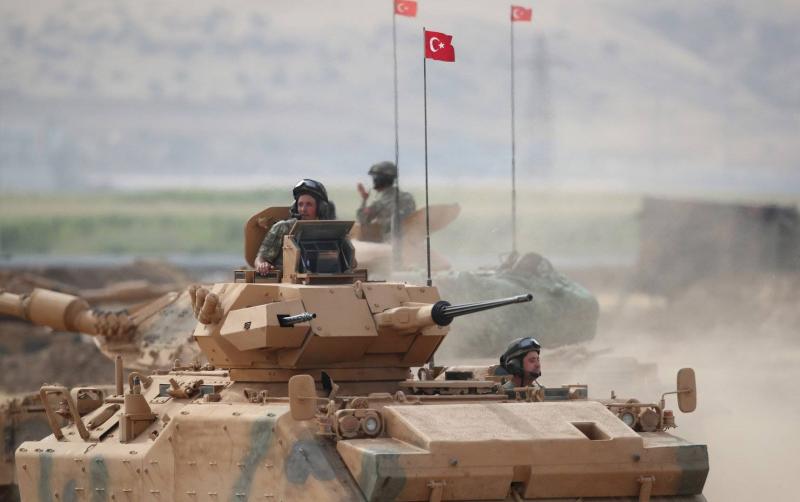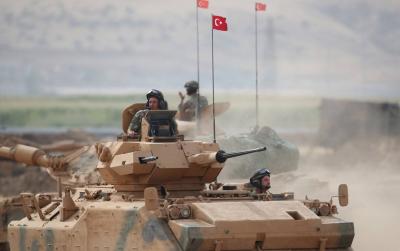A member of the Kurdistan National Union bloc in the Iraqi parliament, Karwan Ali, directed a message to the armed parties in the region that includes several points. Ali stated that "Iraq is a federal state with sovereignty over its land and airspace, and any foreign intervention represents a violation of national sovereignty." He emphasized that "what is happening in the border areas from the Kurdistan region represents a violation and has serious repercussions."
He added that "any armed group present in Iraq in general and in the region in particular that has issues with neighboring countries should take into consideration the sensitivity of the political and security situation and must respect the status of the region as an important experience for the Kurdish people." He pointed out that "weapons will not solve the problems, and diplomacy is the solution to end the armed conflict between Turkey and the opposing forces in the border areas," noting that "the conflict has been ongoing for half a century, but the results have been death and destruction, and the situation has become more complicated."
The Kurdish MP urged Turkey to take the initiative to resolve its issues with the opposition based on a roadmap that relies on peace and halting military operations, as "fire will not resolve the issue, and political negotiations are the solution." Over the past 25 years, Turkey has established dozens of military bases on Iraqi soil in the north under the pretext of combatting the Kurdistan Workers' Party (PKK), which uses those areas as rear bases. The Turkish army frequently announces the execution of military operations against PKK fighters in northern Iraq, prompting the Iraqi government to repeatedly protest those operations.
Turkish attacks have escalated in recent weeks, leading to fires in the border areas. Reports have also indicated that Turkish forces are establishing new positions in the region.
### Erdogan in Iraq
Following Turkish President Recep Tayyip Erdogan’s visit to Iraq in late April, the Iraqi government classified the PKK as a banned organization in response to Ankara's demands to play a bigger role in combating this group. Following a wave of political and public outrage, the Iraqi National Security Council condemned the Turkish incursion more than 40 kilometers into Iraqi territory, marking a notable stance amidst what was said to be a new phase between Baghdad and Ankara after Erdogan's visit.
While successive Iraqi governments have worked to avoid provoking Turkey due to its control over water resources that could be used to pressure Iraq, the entry of the PKK after its deteriorating relations with Ankara in the mid-1980s complicated matters between both sides. This situation led to a security coordination agreement between Ankara and Baghdad in the late 1990s regarding the pursuit of PKK members up to 15 kilometers inside Iraqi territory.
The memorandum of understanding still exists, but complexities in Iraqi-Turkish relations increased after the American occupation of Iraq and the rise in trade between the two countries to billions of dollars, alongside the involvement of armed factions in the new dynamics with PKK elements, particularly in the disputed district of Sinjar between the federal government and the Erbil government, in addition to the intra-regional party disagreements.




